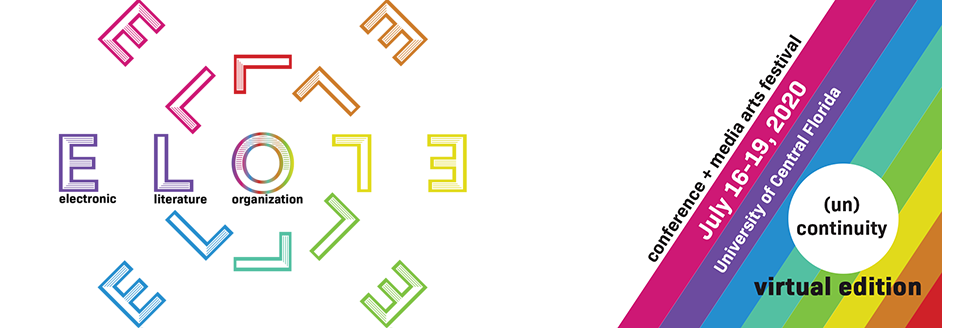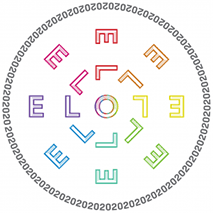Proposal Title
Submission Type
Conference Proceedings Paper
Abstract
This paper brings together two distinct and seemingly irreconcilable threads: first, the place of interactive narratives and games within the broader context of documentary media; and second, the value of counterfactual narrative as a documentary form. I will weave these two threads using my own counterfactual documentary game as the guide. Currently under development in Twine, the game is rooted in archival research about the past yet is about a version of the past that didn’t happen. The game asks the following counterfactual question: what if gene editing technology like CRISPR had been invented in the 1920s and 1930s, the height of the eugenics movement in the United States? The paper begins with a brief discussion of documentary media and documentary interactive fiction. It then offers an overview of eugenics discourse in the early 20th century, focusing on arguments for sterilization of "the unfit." The paper next considers some principles of counterfactual game design. Finally the paper shows how the counterfactual game under development challenges the conventions of documentary media by "operationalizing" archival material, something interactive digital narratives are especially well-suited for.
Included in
Digital Humanities Commons, Game Design Commons, Interactive Arts Commons, Interdisciplinary Arts and Media Commons
Designing for Truth in Counterfactual Games
This paper brings together two distinct and seemingly irreconcilable threads: first, the place of interactive narratives and games within the broader context of documentary media; and second, the value of counterfactual narrative as a documentary form. I will weave these two threads using my own counterfactual documentary game as the guide. Currently under development in Twine, the game is rooted in archival research about the past yet is about a version of the past that didn’t happen. The game asks the following counterfactual question: what if gene editing technology like CRISPR had been invented in the 1920s and 1930s, the height of the eugenics movement in the United States? The paper begins with a brief discussion of documentary media and documentary interactive fiction. It then offers an overview of eugenics discourse in the early 20th century, focusing on arguments for sterilization of "the unfit." The paper next considers some principles of counterfactual game design. Finally the paper shows how the counterfactual game under development challenges the conventions of documentary media by "operationalizing" archival material, something interactive digital narratives are especially well-suited for.




Bio
Mark Sample is an Associate Professor and Chair of Digital Studies at Davidson College. His teaching and research focuses on digital culture, electronic literature, and videogames. His most recent work combines creative coding with critiques of digital culture. Ring™ Log is an experiment in speculative surveillance, while Two Emoji: A Modern Epic of Love and Betrayal is a playful look at storytelling through emoji. His most recent book project is10 PRINT CHR$(205.5+RND(1)); : GOTO 10, a collaboratively written exploration of creative computing and the Commodore 64, published by MIT Press in November 2012.